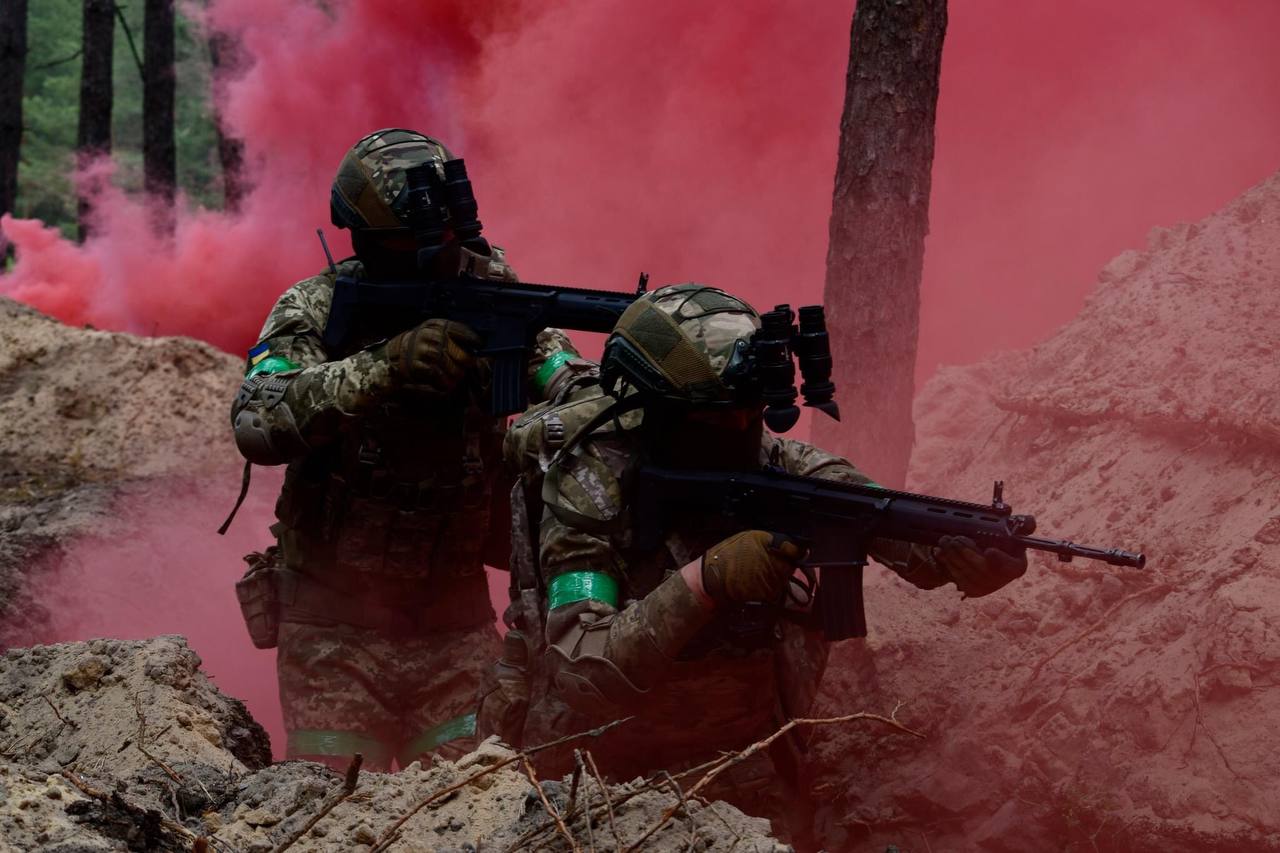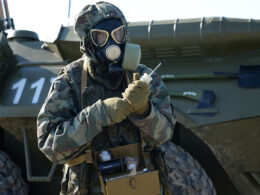During May 2024, the Chemical, Biological, Radiological, and Nuclear Defense units of the Ukrainian Armed Forces documented 715 instances of Russians using munitions containing dangerous chemical compounds, the Support Forces Command has reported.
Ukrainian forces recorded 271 more incidents in May compared to April. The occupiers targeted the Ukrainian military with K-51 and RG-VO grenades dropped from drones. From 15 February 2023 to 24 May 2024, a total of 2,698 instances of the Russians using dangerous chemical substances have been documented. During this period, Ukraine has registered 1,385 cases of its soldiers seeking medical attention for symptoms of chemical exposure of varying severity, with 215 of those cases occurring in May alone.
The use of chemical weapons or chemical riot control agents as a means of warfare violates the Convention on the Prohibition of the Development, Production, Stockpiling, and Use of Chemical Weapons and their Destruction.
One of the main chemical agents used by the Russians is CS (2-Chlorobenzalmalononitrile). It is a tear gas irritant often used by police against demonstrators, as per Militarniy.
Formally, CS is not classified as a chemical weapon. According to the Convention on the Prohibition of the Development, Production, Stockpiling, and Use of Chemical Weapons and on their Destruction, dated 13 January 1993, it is considered a "riot control agent."
The Convention defines a "riot control agent" in Article II, paragraph 7, as "any chemical not listed in a schedule, which can rapidly produce in humans sensory irritation or disabling physical effects which disappear within a short time following termination of exposure."
Therefore, claims that riot control agents, including CS, are chemical weapons are incorrect. However, according to Article II, paragraph 5 of the Convention, its use during military actions is unacceptable.
Read more:
- Ukraine’s Sea Baby maritime drone can now carry 122mm rockets to attack ground targets
- Ukraine unveils Sea Baby Avdiivka naval drone
- Ukraine’s SeaBaby naval drones can now engage in sea battles, not only carry explosives
- HUR: Ukrainian sea drones sink two Russian naval boats (video)





